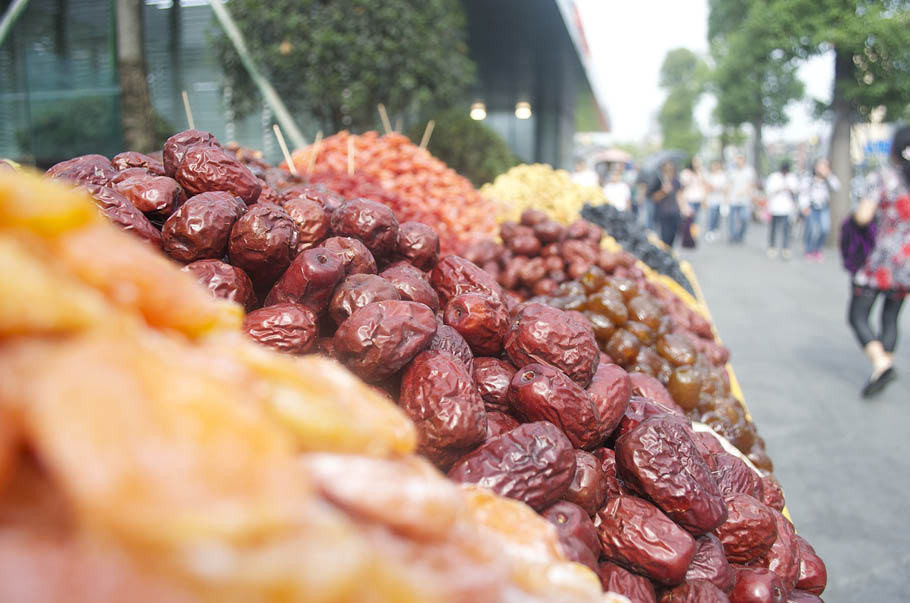Jerome Lepeintre, minister counselor for health and food safety at the European Union delegation in Beijing, said he received official documents on Monday night confirming the decision to delay had been logged with the World Trade Organization (WTO), as required by global trade rules.
Lepeintre said the move was “very positive” and would give exporters time to comply with the regulations, which were announced in April 2016 and require all food imports to carry health certificates, even if the product is deemed low-risk.
European and U.S. government and trade officials have warned the rules would hamper billions of dollars of shipments to the world’s No. 2 economy of everything from pasta to coffee and biscuits.
China asked for the change to be circulated by the WTO in a Sept. 22 communication to the organization, a document published on WTO’s website showed.
“The General Administration of Quality Supervision, Inspection and Quarantine of China is currently studying the comments from relevant countries/regions,” said the notification.
“According to the comments and application received, we hereby decide to provide a transitional period of 2 years: from 1 October 2017 to 30 September 2019,” added the agency, which oversees the safety of all imports into China.
AQSIQ did not respond to a fax requesting comment from Reuters.
China has delayed enforcing other tough new trade regulations this year, including rules on the cross-border retail market and cyber security, after industry pushback.
source: reuters.com












